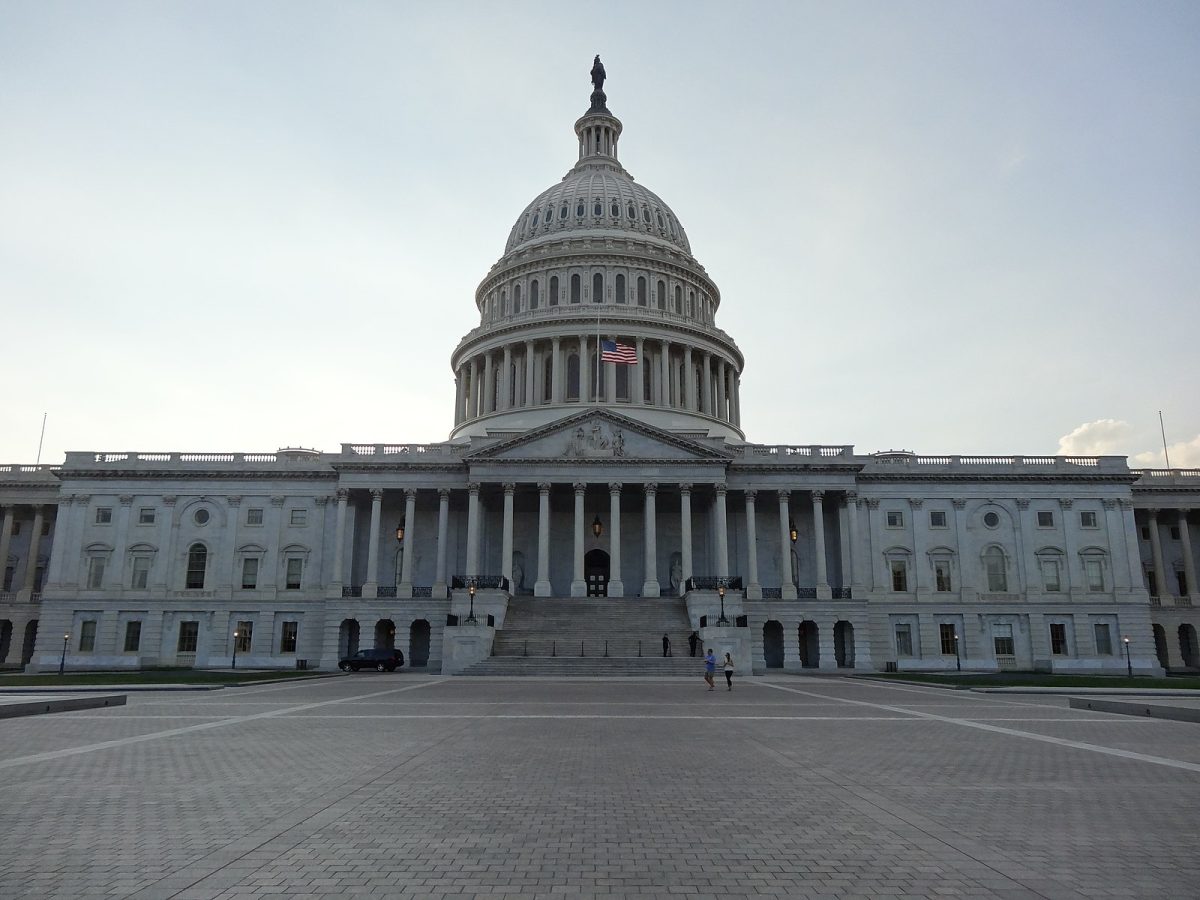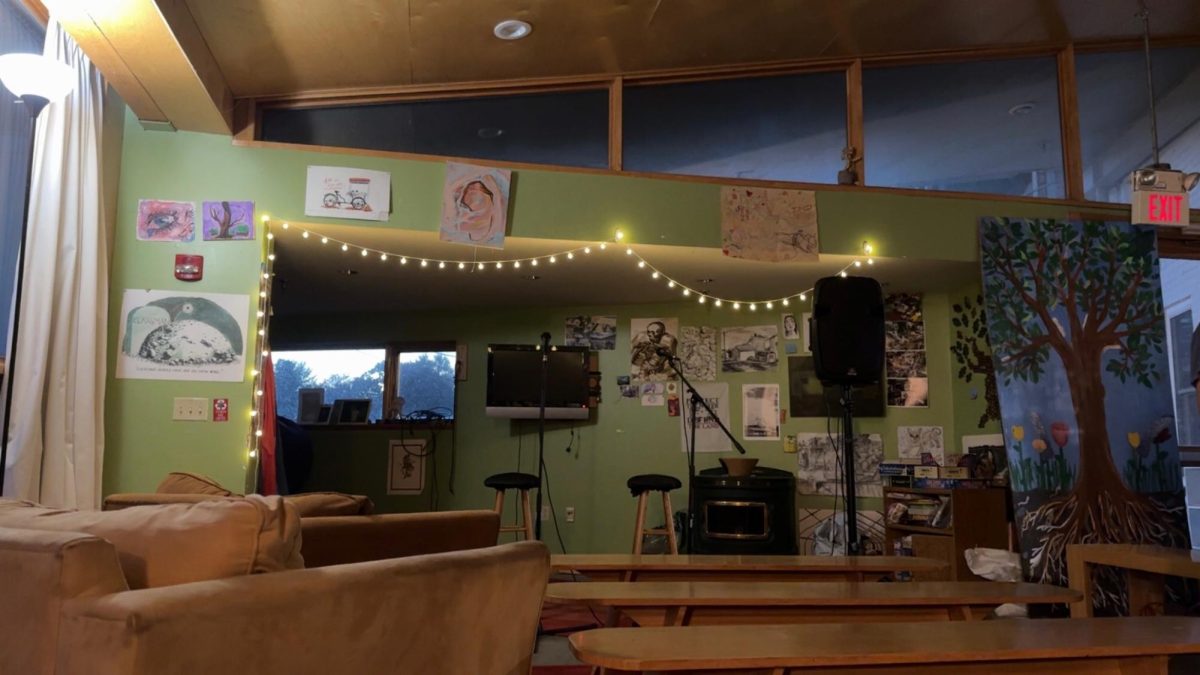Following the pro-Palestine protests that occurred on campus last semester, Renée Ann Cramer, Provost and Dean of the College, and George Stroud, Vice President and Dean of Student Life, sent out an email Tuesday afternoon to students informing them of changes being made to the Student Handbook regarding students’ ability to protest or hold demonstrations on campus.
The email begins by underlining Dickinson’s history of activism and protest, as well as emphasizing that these changes are being made with student safety in mind.
There are three main changes to the Student Handbook. The first change regards the times when students are able to demonstrate on campus, now only from 8:00 a.m. to 8:00 p.m. Additionally, overnight protests and the “establishment of temporary shelters” are no longer allowed. The final change details that demonstrations can not “interfere with the business of the college” or any students ability to participate in academic or co-curricular activities.
Not included in the campus wide email, is change to the handbook that reads “wearing any mask that shields the identity of a protestor is prohibited.”
Vince Champion, Dickinson’s Vice President and General Counsel, highlighted that this is not a direct response to the protests on Dickinson’s campus last semester, rather they come as a response to campus protests as a whole across the nation. He went on to say that these policies are meant to balance freedom of expression with the need for students to be able to access campus resources.
Champion stressed that Dickinson is not implementing a “free speech zone,” which limits the potential location of student protests, or any kind of permiting process, where students would need to get approval for a protest, so as not to limit students freedom of expression.
As the email concludes, the reasoning behind these updates is not only the physical safety of students on campus, but also to more closely align the college with Title VI of the Civil Rights Act of 1964 which, according to the U.S. Department of Justice’s overview of Title VI, “prohibits discrimination on the basis of race, color and national origin in programs and activities receiving federal financial assistance.”
If a student were to violate these policy updates they would be subject to the conduct process, which involves being reported to the Vice President and Dean of Student Life Office. From there the issues are resolved formally or informally.
Stroud said, “This policy is not about supressing speech,” rather, he stressed that these new policy changes are meant to protect students and, as President John E. Jones III ‘77, P’11 said, is more about “mak[ing] campus an open and safe place for everybody.”






